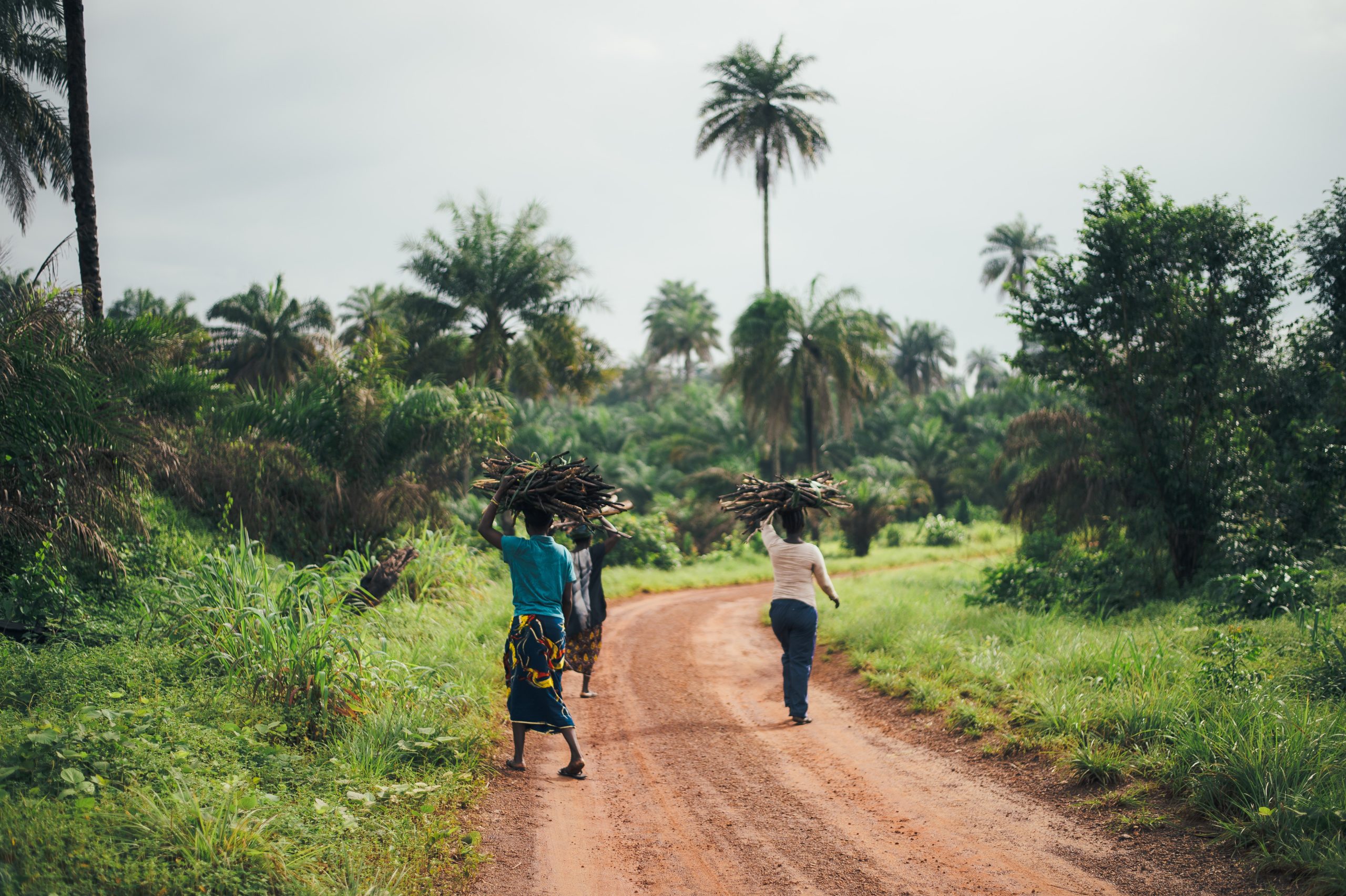Designing gender and human development policies to prevent conflict in West Africa
Having witnessed a great deal of conflict and civil unrest over the last few decades, the Economic Community of West African States (ECOWAS) is now intent on realising a “secure and socially cohesive West Africa”. UK researchers have directly contributed to ECOWAS taking major steps to achieving its vision by identifying key policy improvements aimed at youths and women. Now successfully adopted as ECOWAS policy, their advice has been instrumental in preventing continued exclusion of these groups, strengthening West African peace and security.
The Economic Community of West African States (ECOWAS) is a 15-member West African intergovernmental organisation, with a collective population of over 300 million. One of the key visions of ECOWAS is to create an environment of peace and security, looking to prevent the conflict and civil unrest that has plagued West Africa for the last two decades. In their 2020 vision, ECOWAS aims to realise “a secure and socially cohesive West Africa devoid of conflicts, whose leaders and people place a high premium on peace and collective regional security”.
To help achieve this vision, researchers from King’s College London explored how gender and human development policy and practice could be improved to achieve better security. With support from the Department for International Development and the Economic and Social Research Council, they used surveys, interviews and focus groups to talk to communities in the ECOWAS Member States about militancy, violence and exclusion. They identified women and youths as two particular groups that could benefit from updates to ECOWAS policy and in turn help support improved peace and security.
ECOWAS had previously defined ‘youth’ as anyone aged between 15 and 24 years old, in line with international consensus. However, the King’s research revealed that this age range was out of touch with local ideas, which considered ‘youth’ to continue up until the age of 35. As a result, youth policy was not actually reaching the entirety of West African youth, leaving those aged between 25 and 35 excluded and thus vulnerable to radicalisation and violence. Prompted by UK research findings, the ECOWAS Conflict Prevention Framework was updated with a more relevant concept of ‘youth’. It extended its policy and practice designed to address alienation and potential aggression to include the vast and vulnerable cohort of 25-35-year olds.
Further research by King’s also found a serious under-representation of women in peace and security roles across ECOWAS Member States. This stemmed from a basic lack of education and training opportunities for women. Following these findings, UK researchers were asked to prepare and support a Plan of Action to implement further updates to the ECOWAS Conflict Prevention Framework, this time to adopt policies that would support women in taking up peace and security roles. They created an extensive training programme for women, including practical experience within peace-making organisations. The programme was widely disseminated and utilised in ECOWAS Member States, and by 2013, 41 women had taken part in the scheme, and are now directly contributing to West African security policy. This programme is on-going, and has the potential to reach and benefit all women in West Africa.
The work by King’s researchers has helped ECOWAS take major steps in becoming a safe and peaceful region, putting an end to decades of unrest that has killed, injured or displaced thousands.
Read more about this research in the original impact case study submitted to the Research Excellence Framework 2014.
